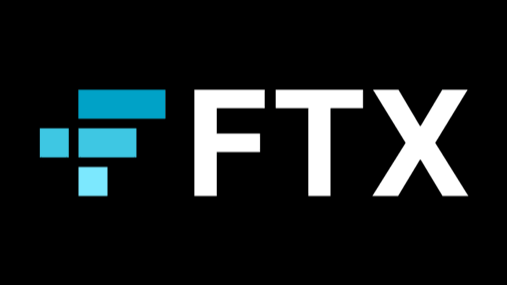Genesis Global Capital, a major cryptocurrency lender, is reportedly planning to file for bankruptcy.
According to Bloomberg, the company could file for bankruptcy as soon as this week. The report notes that parent company Digital Currency Group (DCG) has been in negotiations with various creditor groups who have been advised by Kirkland & Ellis and Proskauer Rose. Several proposals are said to have been exchanged but the parties have failed to come to any agreement.
The news comes after weeks of speculation after the company froze customer redemptions in the wake of crypto exchange FTX’s crash in November.
While the news has not been confirmed by Genesis or DCG, DCG told shareholders on Wednesday that it is suspending quarterly dividends in an effort to conserve cash.
Genesis could become the latest casualty following the spectacular collapse of FTX in November. Crypto lender BlockFi and crypto mining company Core Scientific Inc have both filed for bankruptcy since November.
Elsewhere, Genesis is currently in a dispute with the Cameron and Tyler Winklevoss-founded Gemini. Gemini says Genesis owes it $900 million in connection with a deal the pair struck over Gemini’s crypto lending product Earn.
Both companies last week were charged by the U.S. Securities and Exchange Commission with illegally selling securities to investors through their crypto lending programme.
Latest News
-
Gemini to cut quarter of workforce and exit UK, EU and Australia as crypto slump forces retrenchment
-
Bank ABC’s mobile-only ila bank migrates to core banking platform
-
Visa launches platform to accelerate small business growth in US
-
NatWest to expand Accelerator programme to 50,000 members in 2026
-
BBVA joins European stablecoin coalition
-
eToro partners with Amundi to launch equity portfolio with exposure to ‘megatrends’
Creating value together: Strategic partnerships in the age of GCCs
As Global Capability Centres reshape the financial services landscape, one question stands out: how do leading banks balance in-house innovation with strategic partnerships to drive real transformation?
Data trust in the AI era: Building customer confidence through responsible banking
In the second episode of FStech’s three-part video podcast series sponsored by HCLTech, Sudip Lahiri, Executive Vice President & Head of Financial Services for Europe & UKI at HCLTech examines the critical relationship between data trust, transparency, and responsible AI implementation in financial services.
Banking's GenAI evolution: Beyond the hype, building the future
In the first episode of a three-part video podcast series sponsored by HCLTech, Sudip Lahiri, Executive Vice President & Head of Financial Services for Europe & UKI at HCLTech explores how financial institutions can navigate the transformative potential of Generative AI while building lasting foundations for innovation.
Beyond compliance: Building unshakeable operational resilience in financial services
In today's rapidly evolving financial landscape, operational resilience has become a critical focus for institutions worldwide. As regulatory requirements grow more complex and cyber threats, particularly ransomware, become increasingly sophisticated, financial services providers must adapt and strengthen their defences. The intersection of compliance, technology, and security presents both challenges and opportunities.
© 2019 Perspective Publishing Privacy & Cookies













Recent Stories